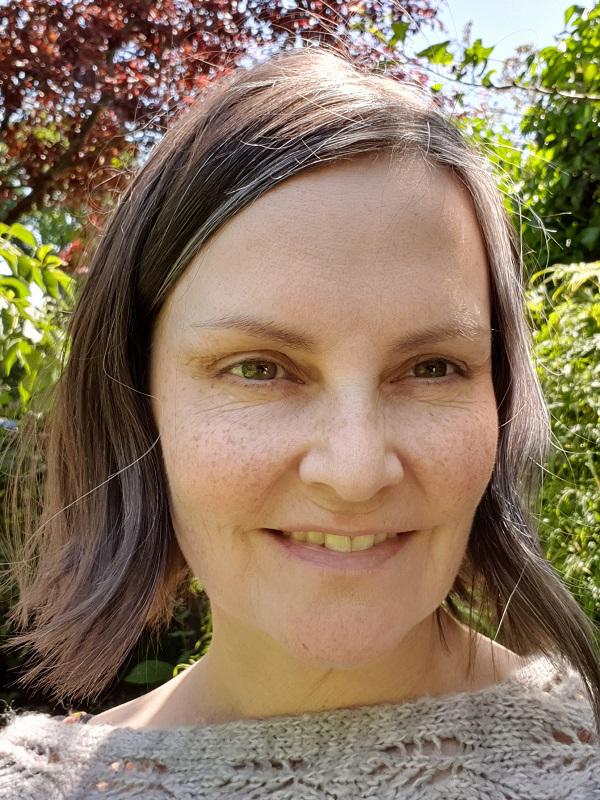Dr Wendy Ann Webb
Dr Wendy Webb will finally have the opportunity to swap her Nursing uniform for Graduation Gown, marking the end of almost 16 years of part time study at the University of Worcester, first completing a BSc in Applied Professional Studies, then an MSc in Advanced Nursing Practice before choosing to study for a PhD.

Dr Webb’s PhD explored the end of life priorities of people experiencing homelessness in the UK. “I have worked in palliative care and hospices for many years. I have also worked with people experiencing homelessness for many years, in both paid and voluntary capacities. It really bothered me that people experiencing homelessness die young (on average 30 years younger than the general population) and often without any support.
The news stories of people being found dead in shop doorways and park benches upset me deeply. I knew that hospices were trying to make their services more accessible, but no one had stopped to ask people who are homeless what they would actually want at end of life. I wanted to find out what matters to them, so that services could be planned around their needs, rather than what others think they need or want.”
Dr Webb conducted face-to-face interviews with a number of homeless participants from multiple sites and settings. Her study found that the concerns and priorities of people experiencing homelessness at end of life, may be quite different to those commonly expressed within the general population.
“The homeless participants interviewed had witnessed many deaths yet had still not considered their own end of life wishes and had no real desire to make advance plans for their final days because they were too busy focusing on survival. They tended to live ‘one day at a time’, in ‘survival mode’, ‘looking after number one’ – having learned from experience that no one else would necessarily be there to look after them in their hour of need.
Dr Webb also recommends that peer-support workers, with experience of being homeless, could be trained in the principles of palliative care and encouraged to offer support within such a compassionate community ‘hostel-hub’ model. You can read Dr Webb’s full paper, for free.